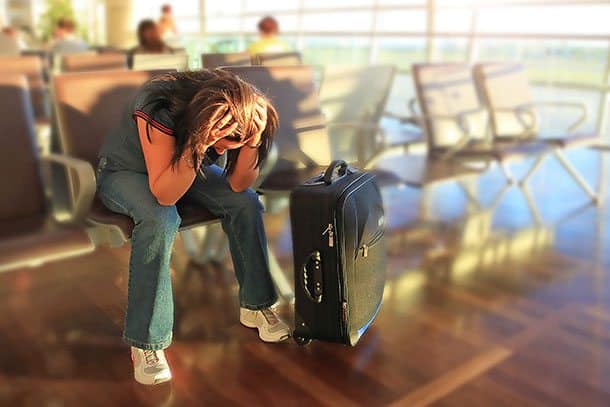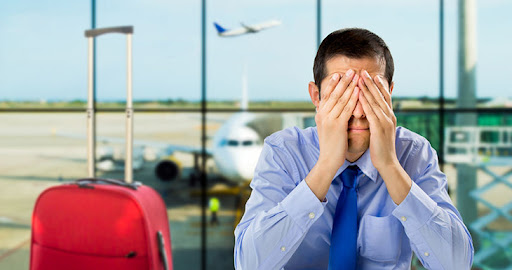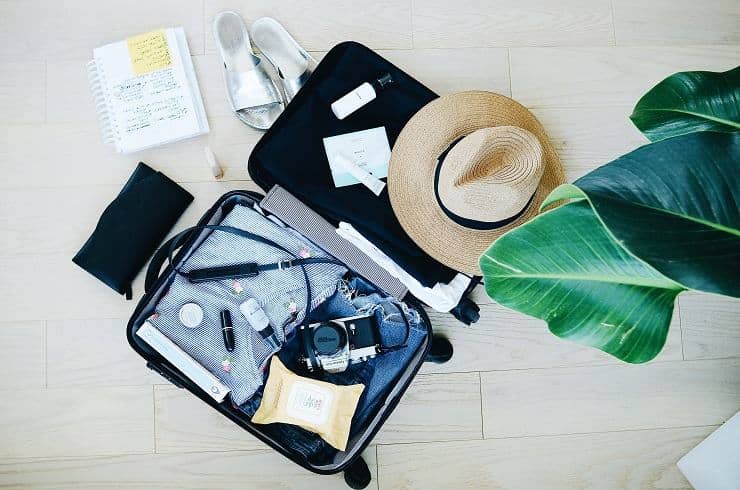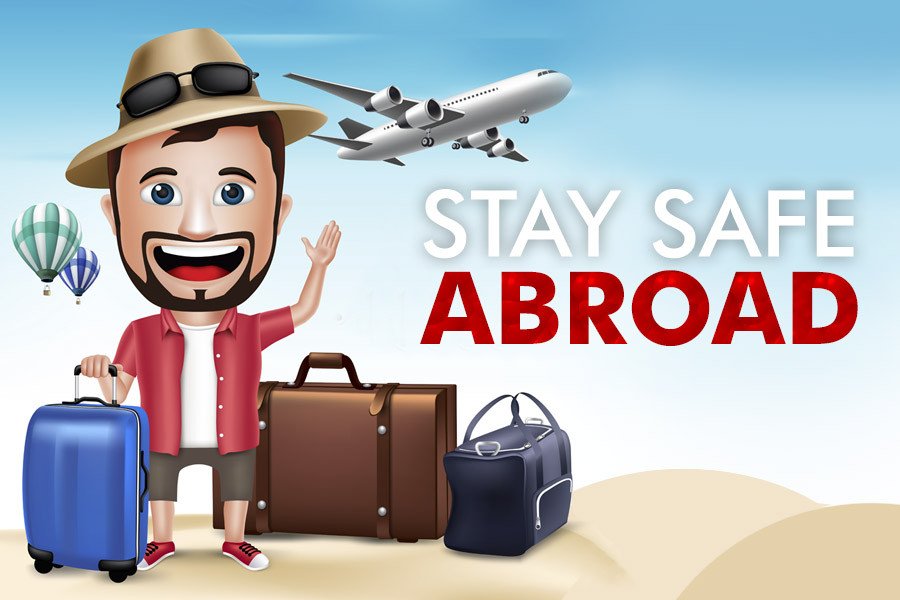Traveling is an exciting adventure, but sometimes unexpected situations arise. Whether you lose your passport, have a medical emergency, or experience a natural disaster, it’s important to know what to do in case of a travel emergency. Here are some simple and practical steps to follow if you find yourself in an emergency situation while traveling.
Stay Calm and Assess the Situation
The first step in any emergency is to stay calm. Panicking will only make the situation more difficult to handle. Take a deep breath and quickly assess what’s happening. What’s the problem? Is it a medical issue, a safety concern, or something else? Understanding the situation clearly will help you make the right decisions.
Once you have a clear picture of the problem, consider what immediate actions you need to take. For example, if you’re in a car accident, check yourself and others for injuries. If your wallet is stolen, think about how to cancel your cards and report the theft.
Contact Emergency Services
If the emergency is serious and requires immediate attention, contact the local emergency services. The emergency numbers vary by country, so it’s important to know them before you travel. Make sure to keep a list of emergency numbers for police, fire, and medical services in the country you’re visiting. You can usually find this information online or by asking at your accommodation.
In case of medical emergencies, don’t hesitate to call an ambulance or go to the nearest hospital if needed. If you’re unsure about what to do, contacting emergency services will help guide you.

Reach Out to Your Embassy or Consulate
If your passport is lost, stolen, or damaged, or if you need assistance with legal issues, contact your country’s embassy or consulate. They can help you replace lost travel documents and assist with emergencies like arrests or legal matters. It’s a good idea to have the contact information for your embassy saved on your phone or written down.
Embassies can also help in more serious situations, such as evacuations during natural disasters or civil unrest. They can provide advice and support if you are in an area where the situation has become dangerous.
Notify Your Insurance Provider
If you have travel insurance, contact your provider as soon as possible. Many insurance policies offer 24/7 emergency hotlines. Report the emergency and follow their instructions. If you need medical care, file a claim for reimbursement or assistance. Your insurance provider may also assist with emergency travel arrangements, like booking new flights or finding safe accommodations.
It’s essential to keep all receipts and documentation related to the emergency. This will help you with the claims process later on.
Keep Important Information Handy
During a travel emergency, having quick access to important documents can make a big difference. Keep a copy of your passport, ID, travel insurance, emergency numbers, and hotel information in a safe place. Consider storing these details digitally, as well, so you can access them even if your physical documents are lost or stolen.
If your phone is lost or damaged, having these details written down can save you time and frustration. It’s also wise to keep emergency contacts, such as family members or close friends, listed in your phone.
Reach Out to Your Family or Friends
In case of a serious emergency, make sure to contact family members or friends back home. Let them know what happened and what steps you’re taking. This will give them peace of mind and ensure someone is aware of your situation.
Use messaging apps, phone calls, or email to stay in touch. Keep them updated, especially if your situation changes. They can also help by contacting your embassy or insurance provider if necessary.
Be Prepared for Natural Disasters
Natural disasters, like earthquakes, floods, or hurricanes, can happen unexpectedly. If you’re in an area that’s prone to such events, it’s essential to know what to do in case of a natural disaster. Follow local authorities’ advice and evacuation orders. Always have an emergency kit with essentials like water, snacks, and a flashlight in case you need to shelter in place.
In the event of an earthquake, drop, cover, and hold on. If you’re in a flood zone, move to higher ground immediately. Stay informed about the disaster through local news or official sources, and follow any safety instructions.
Stay Aware of Your Surroundings
In case of a travel emergency, your ability to stay alert and aware of your surroundings can be very helpful. This is especially important if you are dealing with a safety threat or a situation where you might need to escape quickly.
For example, if you feel unsafe in a location, leave the area and find a safer place. If you’re being threatened or robbed, try to stay calm and avoid escalating the situation. Your safety is the most important priority, and material possessions can always be replaced.
Conclusion
Travel emergencies can happen, but knowing what to do when they do can make all the difference. Stay calm, assess the situation, and take immediate action to ensure your safety. Whether it’s calling emergency services, reaching out to your embassy, or contacting your insurance provider, being prepared can help you navigate through the situation with less stress.
Remember, it’s always a good idea to be prepared before you travel. Make sure you have all important documents, know emergency numbers, and have a plan for various types of emergencies. With these steps in mind, you can handle unexpected events and keep yourself safe while traveling.










